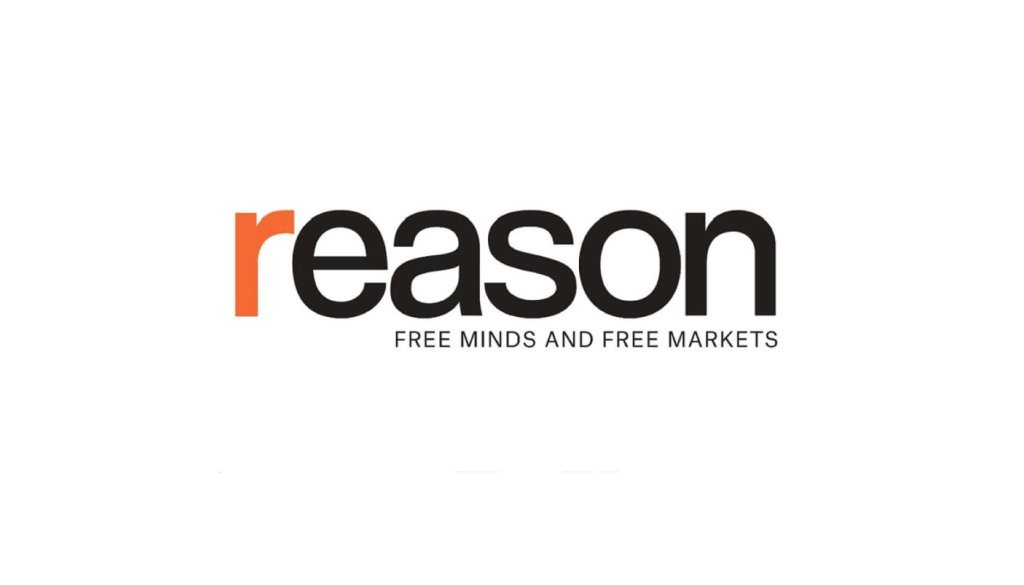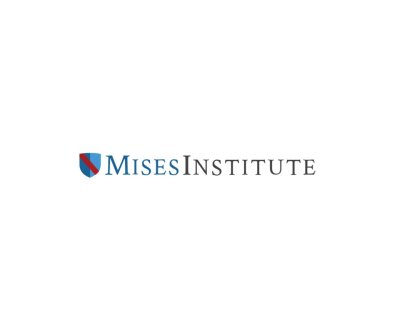No Gag Order Against Sean Combs Accusers (and Other Prospective Criminal Trial Witnesses)
From Judge Arun Subramanian’s opinion Friday in U.S. v. Combs (S.D.N.Y.):
On October 20, 2024, defendant Sean Combs moved for an order prohibiting prospective witnesses and their attorneys from making extrajudicial statements that he argues will substantially interfere with his right to a fair trial. In terms of who those “prospective witnesses” are, Combs clarified that the category includes “all those who claim to be victims.” …
Combs’s authorities don’t support a gag order applicable not only to trial participants, but also to any alleged victim and their lawyer. Local Rule 23.1 doesn’t authorize this kind of relief. The limitations of that rule don’t even apply to witnesses, let alone prospective ones that haven’t yet been identified. They certainly don’t apply broadly to any alleged victims and their lawyers.
Even Local Rule 23.1(h), which allows the Court to issue “special order[s]” related to extrajudicial statements, only applies to “parties and witnesses.” And to impose a special order, the Court must consider whether it “will be necessary to ensure an impartial jury and must find that other, less extreme available remedies, singly or collectively, are not feasible or would not effectively mitigate the pretrial publicity and bring about a fair trial.” Among the remedies that the Court is required to consider are “a searching voir dire, emphatic jury instructions, and sequestration of jurors,” matters that Combs hasn’t addressed. A “gag order” under Rule 23.1(h) is an extreme remedy “to be issued only as a last resort.” What Combs seeks goes even further.
Combs’s Sixth Amendment authorities don’t support his proposed order either. In Sheppard v. Maxwell (1966), the Supreme Court observed that the “trial court might well have proscribed extrajudicial statements by any lawyer, party, witness, or court official which divulged prejudicial matters,” but it did not indicate that blanket restrictions on potential witnesses, or even more broadly, all alleged victims, would be appropriate. In Neb. Press. Ass’n v. Stuart (1976), the Court only suggested that “trial courts [could] in appropriate cases limit what the contending lawyers, the police, and witnesses may say to anyone.”
Combs’s other cited authorities are similarly unhelpful. Each allows some restriction on trial participants or the press but says nothing about potential witnesses. See Gentile v. State Bar of Nev. (1991) (upholding restrictions on statements by attorneys); In re Application of Dow Jones & Co. (2d Cir. 1988) (holding that the “district court was justified in considering the imposition of a ‘gag’ order on trial partic
Article from Latest

The Reason Magazine website is a go-to destination for libertarians seeking cogent analysis, investigative reporting, and thought-provoking commentary. Championing the principles of individual freedom, limited government, and free markets, the site offers a diverse range of articles, videos, and podcasts that challenge conventional wisdom and advocate for libertarian solutions. Whether you’re interested in politics, culture, or technology, Reason provides a unique lens that prioritizes liberty and rational discourse. It’s an essential resource for those who value critical thinking and nuanced debate in the pursuit of a freer society.



